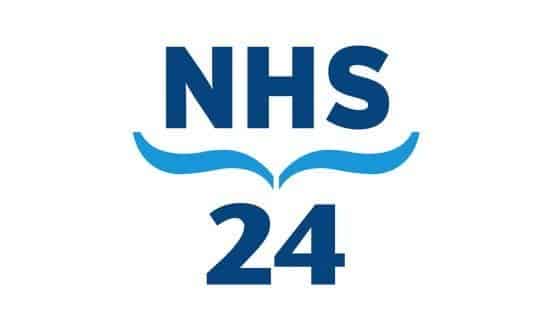Good Xmas weather cuts NHS Direct calls
- 11 January 2012

NHS Direct saw a lower number of people using its telephone services over the festive period this year than last year.
From 19 December to 2 January, there were 267,000 contacts to NHS Direct’s advice and help telephone services.
The figure represents a 5% drop in answered contacts in comparison to last year, when there was 281,330 such calls.
The service said the decline may be explained by the severe weather in the 2010-11 Christmas and New Year period, which contributed to call volumes.
The latest figures include calls to the NHS 111 pilots, which came to 25,000 over the holiday period.
Demand for NHS Direct’s telephone services has been on a downward trend since 2009, as people’s preferences for how they access information increasingly focuses on digital availability.
There was an increase in the number of people using NHS Direct’s online services – from 433,000 last year to 464,000 this year.
The figure for online contacts represents 60% of the total contacts made to NHS Direct, which was 730,000 this year – an increase of 15,000 on last year.
The busiest days for telephone calls were on Christmas Eve and the three bank holidays (Monday 26, Tuesday 27, and Monday 2 January) with 98,500 contacts over this time.
The service’s online health and symptom checkers were used more than 133,000 times over this period.
Call demand was also down on last year in Scotland. More than 110,000 people used the NHS 24 helpline and web services over the Christmas and New Year holiday.
About 80,000 of those contacts were telephone calls and were answered within four seconds. The service’s three websites received more than 35,000 visits over the festive period.
The busiest day was on December 27 when 10,200 calls were taken. NHS 24 also said that more favourable weather was likely to explain the drop in contacts.
However, NHS 24 medical director Professor George Crooks, said people should remember that winter is not over yet.
“We still need to look after ourselves in the months ahead. Many of the calls we have taken during the last few weeks have related to coughs, colds and other seasonal illness which affect many people at this time of year.”



